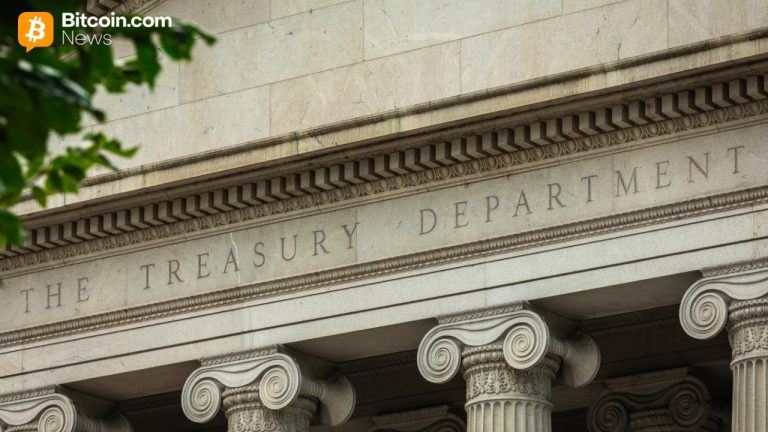Why we support ICC prosecutions for crimes in Israel and Gaza
4 min read
Unlock the Editor’s Digest for free
Roula Khalaf, Editor of the FT, selects her favourite stories in this weekly newsletter.
The attacks by Hamas in Israel on October 7 and the military response by Israeli forces in Gaza have tested the system of international law to its limits. This is why, as international lawyers, we felt compelled to assist when the prosecutor of the International Criminal Court, Karim Khan, asked us to advise whether there was sufficient evidence to lay charges of war crimes and crimes against humanity. Today, the prosecutor has taken a historic step to ensure justice for the victims in Israel and Palestine by issuing applications for five arrest warrants alleging war crimes and crimes against humanity by senior Hamas and Israeli leaders. These include applications for a warrant of arrest against the political and military commanders of Hamas and Israeli Prime Minister Benjamin Netanyahu.
For months, we have engaged in an extensive process of review and analysis. We have carefully examined each of the applications for arrest warrants, as well as underlying material produced by the prosecution team in support of the applications. This has included witness statements, expert evidence, official communications, videos and photographs. In our legal report published today, we unanimously agree that the prosecutor’s work was rigorous, fair and grounded in the law and the facts. And we unanimously agree that there are reasonable grounds to believe that the suspects he identifies have committed war crimes and crimes against humanity within the jurisdiction of the ICC.
It is not unusual for the prosecutor to invite external experts to participate in an evidence-review, under appropriate confidentiality arrangements, during the course of an investigation or trial. And this is not the first time an international prosecutor has formed a Panel of Experts to advise on potential charges related to a conflict. But this conflict is perhaps unprecedented in the extent to which it has given rise to misunderstandings about the ICC’s role and jurisdiction, a particularly fractured discourse and, in some contexts, even antisemitism and Islamophobia.
It is against this backdrop that, as lawyers specialised in international law hailing from diverse personal backgrounds, we felt we had a duty to accept the invitation to provide an impartial and independent legal opinion based on evidence. We were selected because of our expertise in public international law, international human rights law, international humanitarian law and international criminal law, and, in the case of two of us, experience as former judges of international criminal tribunals. Our common goal is advancing accountability and we have reached our conclusions based on an assessment of the warrant applications against an objective legal standard. We have reached these conclusions unanimously. And we believe it is important to publish them given the extent to which discourse has been politicised, disinformation has been rife and international media has been denied access to the front lines.
The Panel unanimously agrees with the prosecutor’s conclusion that there are reasonable grounds to believe that three of Hamas’s most senior leaders — Yahya Sinwar, Mohammed Deif and Ismail Haniyeh — have committed war crimes and crimes against humanity for the killing of hundreds of civilians, the taking of at least 245 hostages and acts of sexual violence committed against Israeli hostages. The Panel also unanimously agrees that the evidence presented by the prosecutor provides reasonable grounds to believe that Netanyahu and Israel’s minister of defence Yoav Gallant have committed war crimes and crimes against humanity. This includes the war crime of intentionally using starvation of civilians as a method of warfare and the murder and persecution of Palestinians as crimes against humanity. Our reasons for reaching these conclusions are set out in our legal report.
It is important to understand that the charges have nothing to do with the reasons for the conflict. The charges concern waging war in a manner that violates the long-established rules of international law that apply to armed groups and the armed forces in every state in the world. And, of course, the warrant applications announced today are just the first step. We hope that the prosecutor will continue to conduct focused investigations including in relation to the extensive harm suffered by civilians as a result of the bombing campaign in Gaza and evidence of sexual violence committed against Israelis on October 7.
There is no doubt that the step taken today by the prosecutor is a milestone in the history of international criminal law. There is no conflict that should be excluded from the reach of the law; no child’s life valued less than another’s. The law we apply is humanity’s law, not the law of any given side. It must protect all the victims of this conflict; and all civilians in conflicts to come.
The judges of the ICC will ultimately determine which warrants, if any, should be issued. And as investigations continue, we hope that state authorities, witnesses and survivors will engage with the judicial process. Ultimately, we hope that this process will contribute to increased protections for civilians and sustainable peace in a region that has already endured too much.
Lord Justice Fulford, retired lord justice of appeal, former vice-president of the Court of Appeal of England and Wales and former judge at the International Criminal Court
Judge Theodor Meron CMG, visiting professor at the University of Oxford, honorary fellow, Trinity College, and former judge and former president of the International Criminal Tribunal for the former Yugoslavia
Amal Clooney, barrister, adjunct professor at Columbia Law School and co-founder of the Clooney Foundation for Justice
Danny Friedman KC, barrister, expert in criminal law, international law and human rights
Baroness Helena Kennedy LT KC, barrister, member of the House of Lords and director of the International Bar Association Human Rights Institute
Elizabeth Wilmshurst CMG KC, former deputy legal adviser at the United Kingdom Foreign and Commonwealth Office and distinguished fellow of international law at Chatham House







